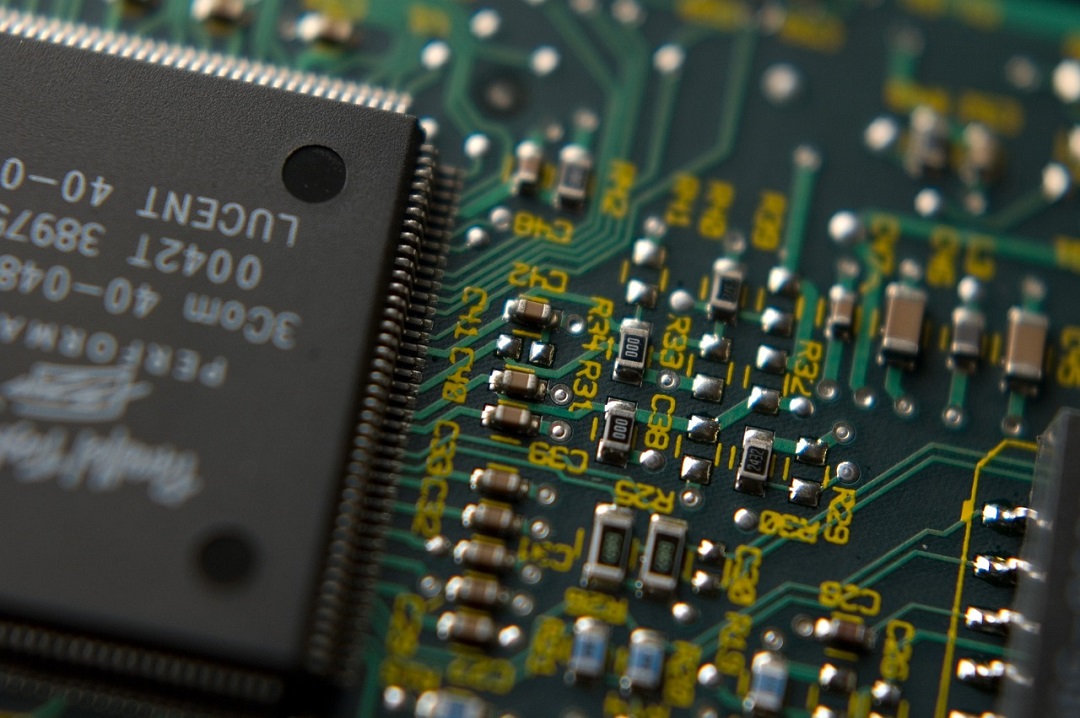Tata Electronics, currently employing around 50,000 people in its semiconductor division, is preparing for a major workforce expansion, with plans to grow its employee base by four to five times over the next two to three years.
Speaking to CNBC-TV18, Tata Sons Chairman N. Chandrasekaran highlighted the critical role that semiconductors will play in India’s future across multiple industries, including automotive, agriculture, industrial IoT, and medical technology.
“Semiconductors are essential for India’s growth,” said Chandrasekaran, emphasizing their impact on a wide array of sectors. “From automobiles and consumer electronics to precision medicine and drones, semiconductors power nearly everything.”
Chandrasekaran stressed the importance of India developing its semiconductor capabilities to foster innovation and boost global competitiveness. “Having our own semiconductor capability will allow us to design custom products and services, opening up new avenues for innovation.”
While India has faced challenges in the semiconductor industry for decades, Tata Electronics, which was founded during the pandemic, has made significant strides. The company now has state-of-the-art facilities for manufacturing, packaging, assembly, and testing.
A key breakthrough is the development of a semiconductor foundry in collaboration with Taiwan’s Powerchip Semiconductor Manufacturing Corporation (PSMC), a crucial step in India’s journey to becoming a semiconductor powerhouse.
“We will produce logic chips using five different technologies, thanks to our strong partnership with PSMC and the leadership of its Chairman & CEO, Frank Huang,” Chandrasekaran said. This foundry will offer enhanced flexibility in product development by leveraging various chip technologies.
Chandrasekaran acknowledged the challenges of entering the semiconductor industry, including the need for vast capital, expertise, and disciplined execution. He highlighted the necessity of building a robust partner ecosystem involving smaller companies to support foundry operations.
The project has received strong backing from the Indian government, with Prime Minister Modi playing a pivotal role in fostering a supportive environment for semiconductor development. The groundbreaking for Tata’s new facility in Dholera has already taken place, and operations are expected to begin in two to two and a half years.
To meet the growing demand for specialized talent, Tata Electronics is investing in workforce development programs. This initiative includes training engineers in Taiwan at PSMC facilities, focusing on building expertise in the semiconductor field.
This ambitious venture is set to position India as a key player in the global semiconductor market, create thousands of new jobs, and drive technological innovation, marking a major advancement in the country’s industrial landscape.








